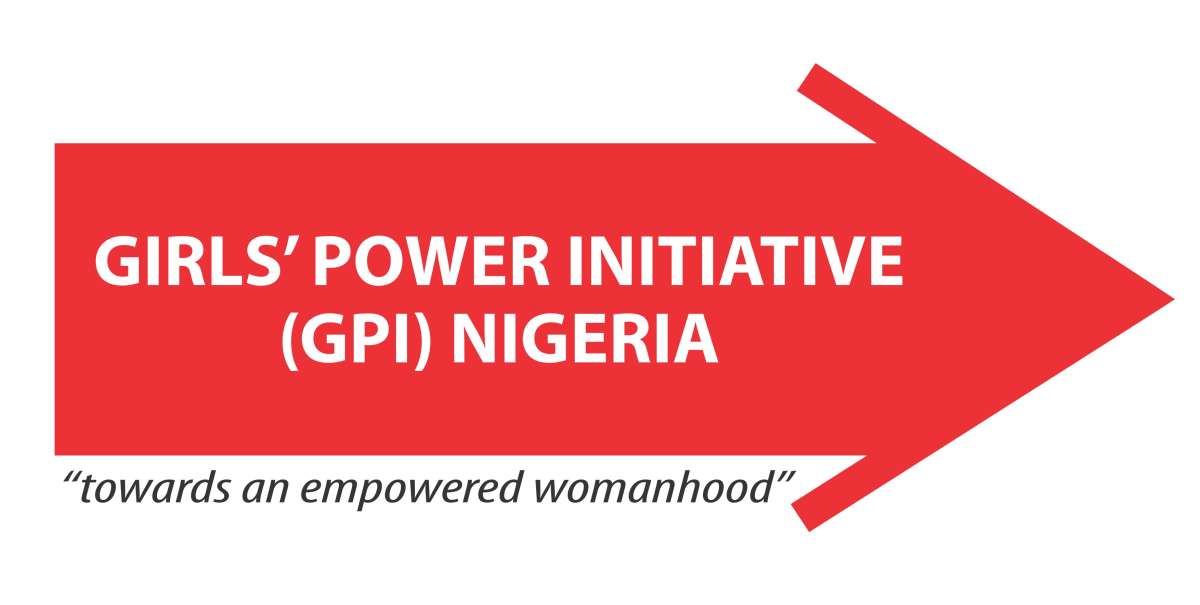
International Widows Day was established by The Loomba Foundation to raise awareness of the issue of widowhood. The significance of 23 June is that it was on that day in 1954 that Shrimati Pushpa Wati Loomba, mother of the foundation’s founder, Lord Loomba, became a widow. One of the foundation’s key goals is to highlight what it describes as an invisible calamity.
International Widows Day is a United Nations ratified day of action to address the “poverty and injustice faced by millions of widows and their dependents in many countries”.
Although accurate information is limited, it has been estimated that there are some 258 million widows around the world, with over 115 million of them living in deep poverty.
This cannot be far-fetched; here in Nigeria, once widowed women often confront a denial of inheritance and land rights, degrading and life-threatening mourning and burial rites and other forms of widow abuse. Widows are often evicted from their homes and physically abused, some even killed even by members of their own family.
It is obvious that a woman’s social status is inextricably linked to her husband’s, so that when her husband dies, a woman no longer has a place in society. To regain social status, widows are expected to marry one of their husband’s male relatives, sometimes unwillingly. For many, the loss of a husband is only the first trauma in a long-term ordeal.
In many communities in Nigeria, widowhood is stigmatized and seen as a source of shame, they are thought to be cursed and are even associated with witchcraft, and it often lead to widows being ostracized, abused and worse.
Here goes the similar unpleasant stories of Nigerian widows;
“The body of my husband was yet to be put in the mortuary when the brother took me to another room and asked about the documents of the house, insisting that I had to leave…”
“…Three days after, my husband died, his family descended on me, took his cars away and emptied the house. On the day he was buried, the elder brother asked me to submit documents of the house and any property he owned…”
“When my husband died, his family asked me to marry his younger brother. When I refused, they summoned a meeting to share my children among them on the grounds that I refused to remain in their family.”
“…having been accused of killing her husband by her husband’s family from Kogi State, she was subjected to heavy humiliation and unpleasant demands just to prove her innocence. She was compelled to drink from the water used in bathing the remains of her husband and restricted from going out for several months. Her hair was shaved, and her inheritance denied and stolen from her.”
“I was made to sleep in the same room with my husband’s corpse before he was buried in the morning. I was thereafter made to cook, just a native way of verifying if I killed my husband… proving my innocence did not stop them from hurting me and my children further.”
“My hair was shaved and I was made to cover myself with a black wrapper for three-months after which I was given two sets of wrappers to wear for a period of one year.”
International Widows Day is an opportunity for action towards achieving full rights and recognition for widows too long invisible, uncounted and ignored.
However, hope is not lost for Nigerian widows as a few States are sponsoring a bills through the House of Assembly for the protection of the rights of widows. NGOs are also engaging in activities to reduce injustice against widows, and we also encourage everyone to support this cause to secure the future of our families.
We implore our Policy makers, Traditional and family heads to consciously make efforts to put an end to these obnoxious customs and traditions by developing policies and programmes to address the poverty, violence and discrimination suffered by widows and their children. Creating opportunities for widows can also help to protect their children and avoid the cycle of inter-generational poverty and deprivation.
Reference:
http://www.un.org/en/events/widowsday/
https://en.wikipedia.org/wiki/International_Widows_Day
www.vanguardngr.com/2014/07/agonies-widows-hit-harsh-nigerian-traditions
